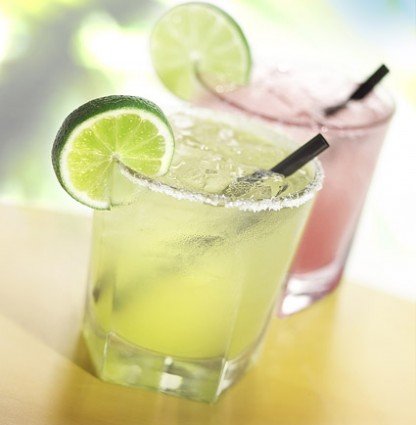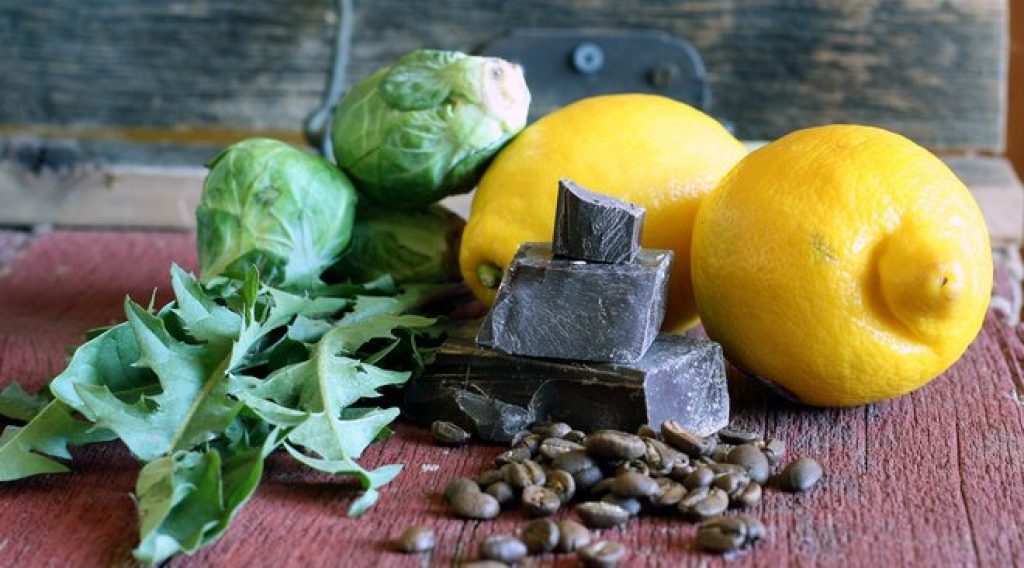Bitters have been well known for centuries, not only as a special type of alcohol, but also as a medicine that improves digestive activity. What makes bitters so special? A specific taste is formed with the help of special botanical extracts. These extracts might differ due to the origin of bitters and alcohol content.
One interesting fact is that after tasting bitters, flavor receptors send a message to the central nervous system to prepare the body for food and to improve digestion. This is why many countries with this type of traditional beverage drink it after lunch and dinner.
The specific taste and bitter second notes make this type of alcohol part of a number of classic cocktails, such as: Cuba Libre Preparado, Manhattan, Old Fashioned, and many others. It is crucial to know the right dosage of bitters, which should be added to cocktails, because even slightly bigger amounts might ruin the drink. Depending on the bitters, they can provide bitter, sour, or bittersweet flavors. Gentian, hops, orange peel, barks, and the roots of many fruits are used in bitters, not only to create a specific taste but also for their medical properties.
 Moreover, a small amount of bitters can be used to flavor non-alcoholic beverages such as soda or soft drinks! This was discovered after orange bitters were accidentally added to simple soda water. Blending bitters and soda is amazing! Just a few drops turns simple soda water into something much more interesting. As another example, ginger ale suits well with cranberry, rhubarb, and orange flavors, so a drop of these bitters can surprise you in a way you do not expect. Warm spice notes hidden in soda normally never come out, but that is what bitters do – brings them out!
Moreover, a small amount of bitters can be used to flavor non-alcoholic beverages such as soda or soft drinks! This was discovered after orange bitters were accidentally added to simple soda water. Blending bitters and soda is amazing! Just a few drops turns simple soda water into something much more interesting. As another example, ginger ale suits well with cranberry, rhubarb, and orange flavors, so a drop of these bitters can surprise you in a way you do not expect. Warm spice notes hidden in soda normally never come out, but that is what bitters do – brings them out!
As the healthy lifestyle trend grows, many consumers choose soft drinks over alcohol. Lately, we have noticed a growing number of new non-alcoholic beverages with bitter notes coming from the use of bitters. Tonic water, for example, can be created using natural flavorings or herbal extracts instead of alcohol. Simple cloves, ginger, cinnamon, or orange peel can become a great solution for a new type of adult soft drink. Herbs and spices not only create a refreshing taste, but have toning effects on the body or even mask unwanted aftertastes. Herbal drinks are more and more common on shelves, starting with ice teas and ending with natural energy drinks; all of these can be improved by adding a bit of spice or bitterness.
Creating something unique does not require reinventing the wheel. Such universal usage of the mentioned botanical extracts in beverages comes from the past but can still mingle with current trends, adjusting to new tastes and even attracting new customers who have forgotten the taste of bitters and can discover it once again.


